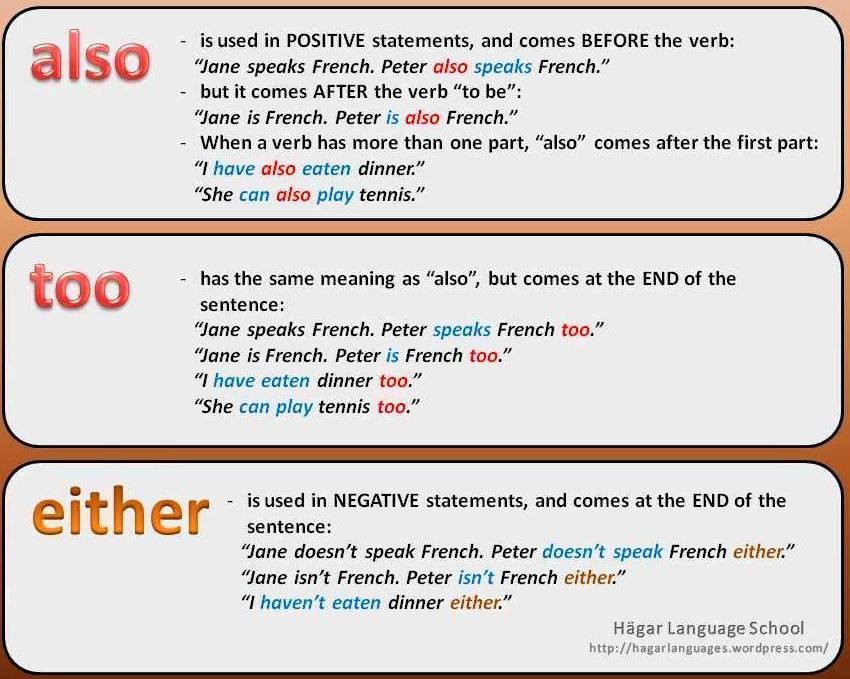Estate Planning Law – What You Should Know About Wills, Trusts, Letters of Intent, and Powers of Attorney

You may have heard of the various types of estate planning law, such as Wills, trusts, Letters of intent, Powers of Attorney, and more. If so, you may want to learn more about them. This article will explore each of these documents, as well as what you should know about them. While these documents are important to your family, you should consider having your lawyer review them before making any final decisions. Here are some tips:
Wills
Wills and estate planning laws are important because people without one often face disputes about who gets what if they die without one. People can use a will to designate a personal representative, a person who will handle their affairs upon death. If you have large amounts of money, a trust may be the best option. Trusts can help your beneficiaries save money in taxes. They can also be used for charitable purposes. Here are some common examples of trusts.
While most wills are simple and easy to draft, others may involve more people or large amounts of money. Either way, estate planning law is an important area of law that needs to be discussed with an expert. A lawyer specializing in this area can draft simple wills or alter existing ones. A lawyer can help you plan your estate and minimize the tax burden. Here are a few things to consider before creating your will:
Trusts
A trust is a type of asset management arrangement that can be created under a will or separately during the testator’s lifetime. A trust can help customize your estate plan by putting age attainment parameters in place, as well as rules governing how the assets are to be used. For example, you may want to set up a trust that will distribute money to your grandchildren after they reach a certain age, or only use the money for college tuition. You may also want to restrict the beneficiaries to those who are financially dependent on the estate or need more guidance than they do.
The benefits of using a trust are numerous. For starters, assets in a trust will avoid probate, which is a public process in which a court must decide whether an estate is worth more than it is. A trust will also reduce estate taxes, as it will not need to go through probate. A trust can also serve as a valuable tool in tax minimization. There are several types of trusts, including irrevocable and revocable ones.
Southern California Probate Attorney Letters of intent
When preparing an estate plan, the letters of intent are an excellent way to document your intentions. The letter may contain valuable information about your assets, such as the names of professionals familiar with the accounts. It can also include details on where to find important documents, such as birth certificates and social security account information. It can also specify the location of important documents, such as your will or trust. If you have dependents or assets, the letter can also list important mortgages and debts.
The letter is not legally binding, so it should be placed with other estate documents. However, it will not go through probate with the Will. You can include additional details in this letter, which will be read by your loved ones. It is important to note that the letter is not a legal document and is written in your own words. Its primary purpose is to convey your final thoughts and information to your family and loved ones.
Power of attorney
If you have a health or financial emergency, you may have questions about who is the best person to act as your agent. Power of attorney documents allow you to name an individual to make financial or health decisions for you. The document will also specify the conditions under which your agent can act: jointly or independently. If there are more than one agent, they can act as checks and balances. The agents can differ in their schedules, which may delay important transactions or legal documents.
A power of attorney document is a legal agreement granting another person the authority to act in your place, either for one or multiple transactions. These documents can be used in both short-term and long-term planning. Depending on the situation, they can allow the agent to handle banking or retirement account transactions, sign contracts, and access accounts. A power of attorney can also be used in the event of incapacity.
